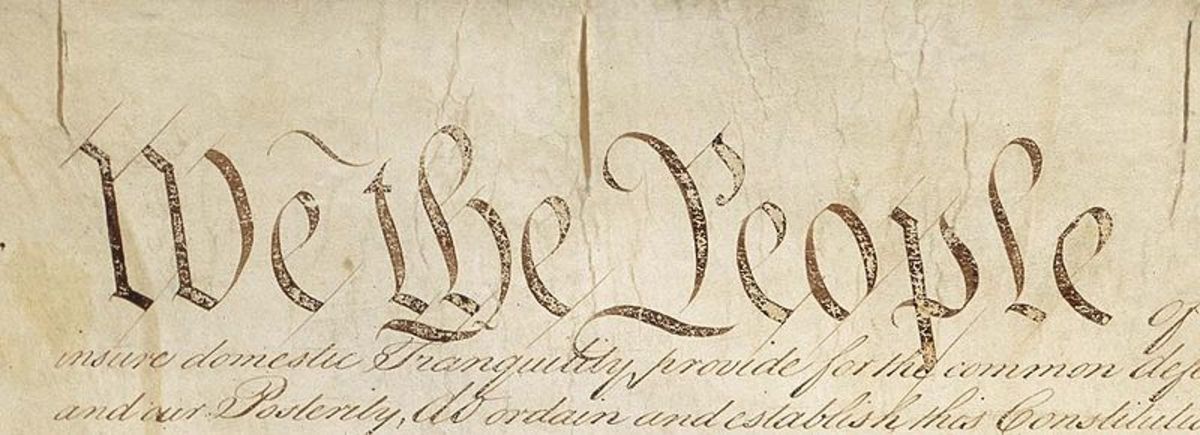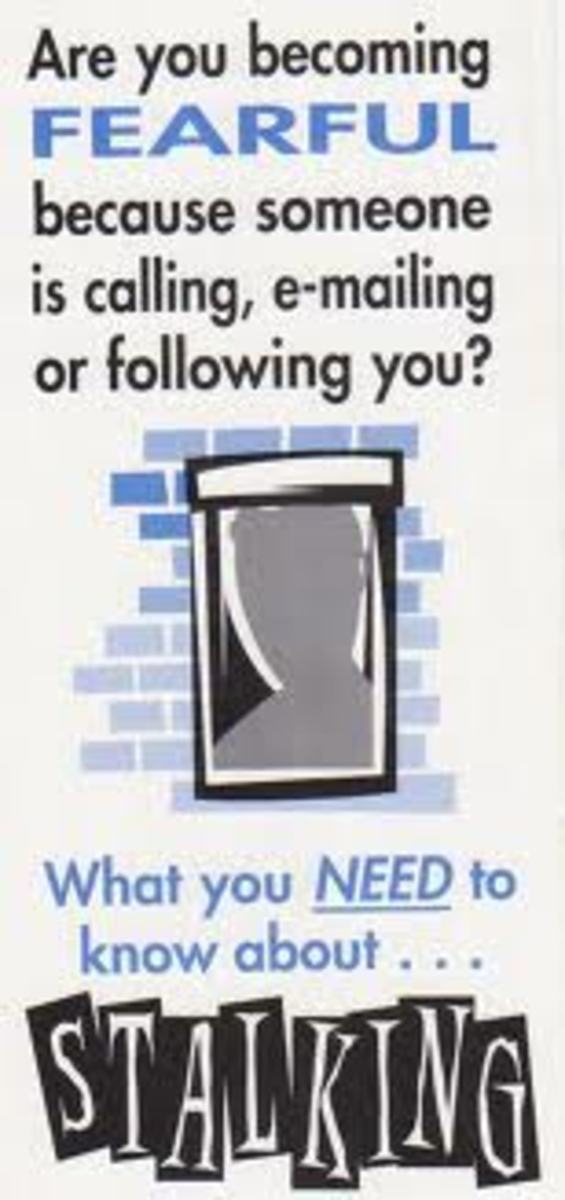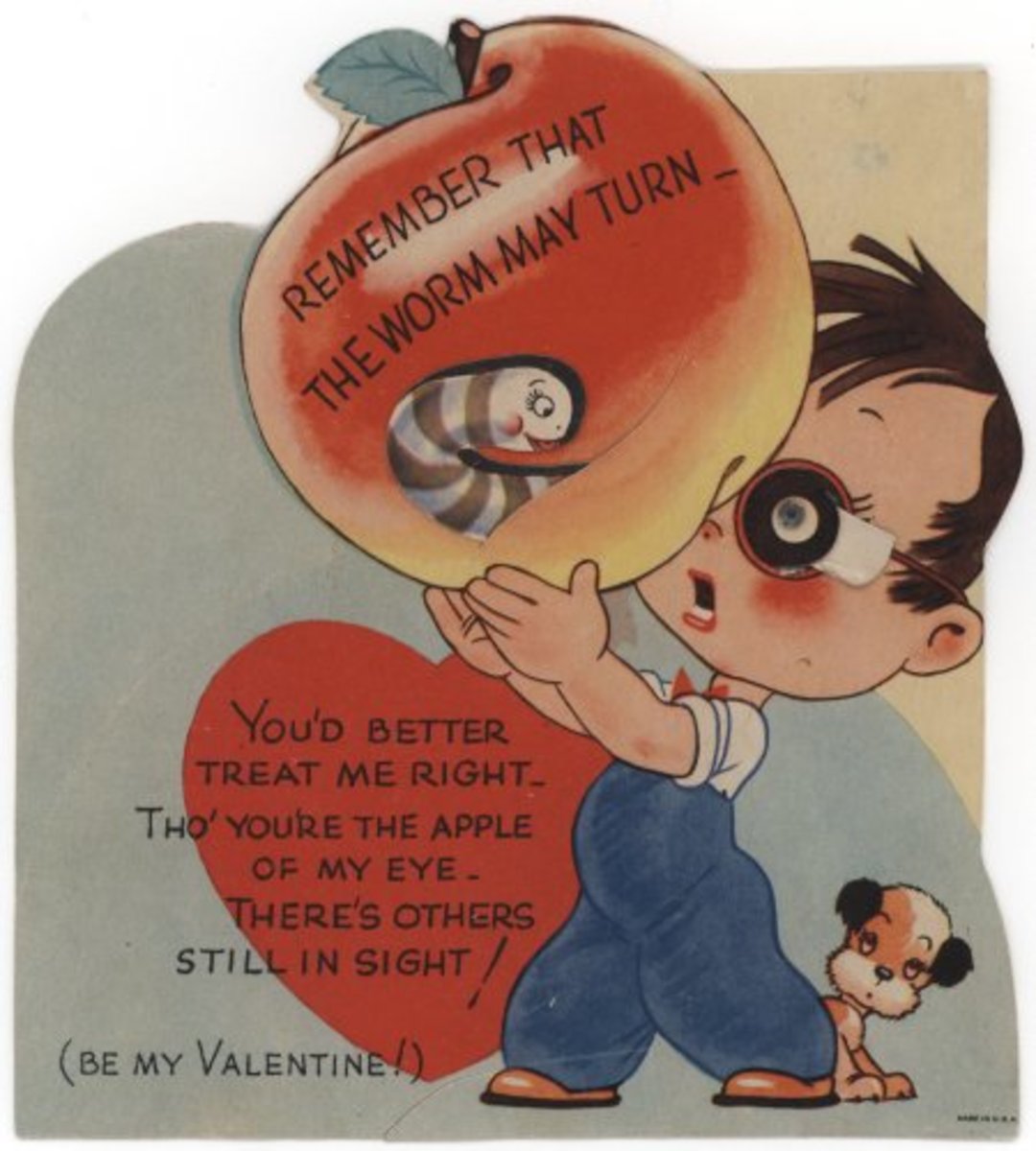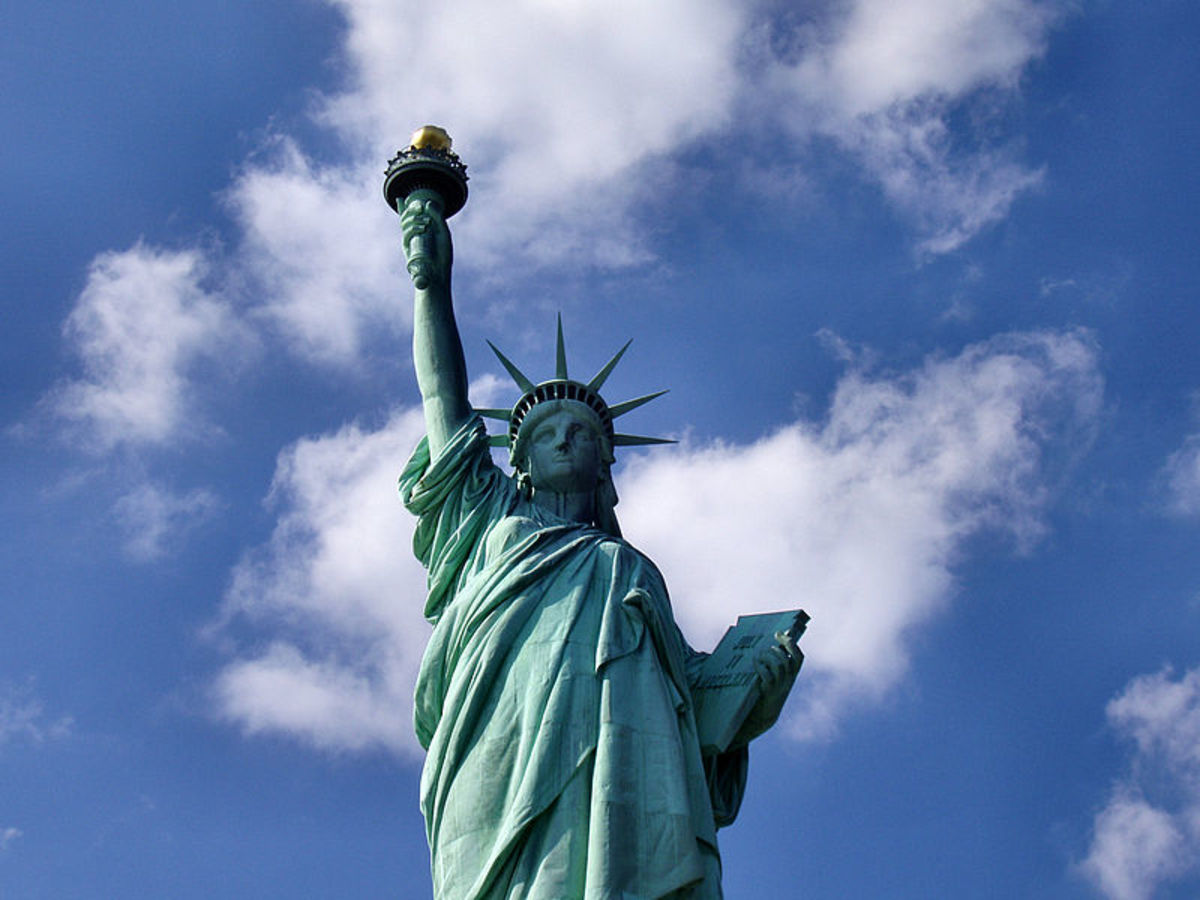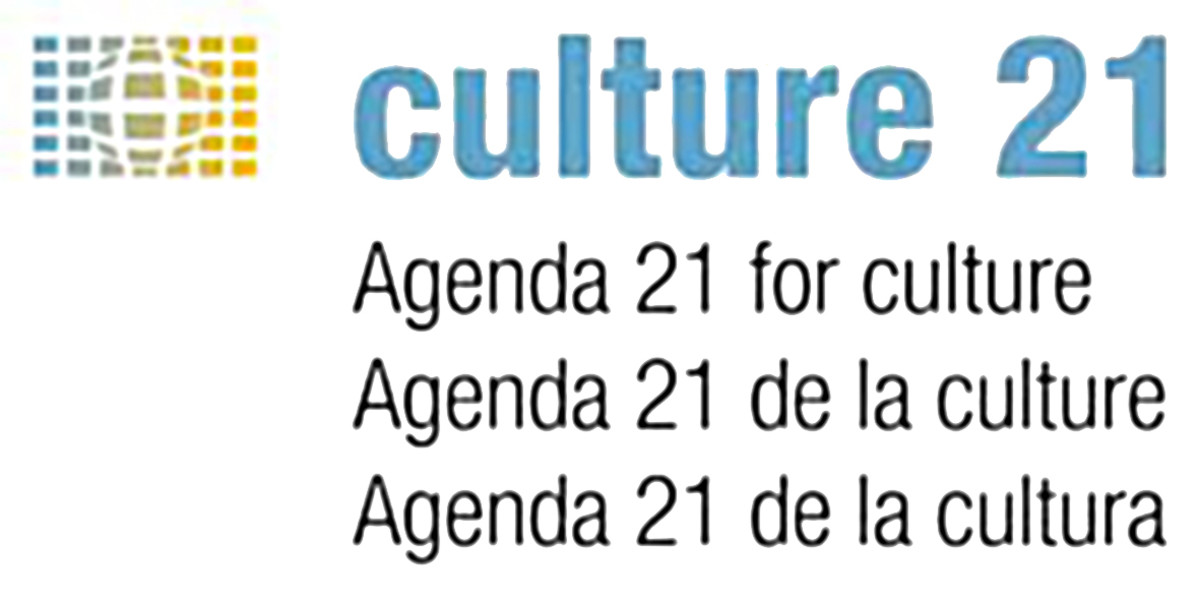Politically Incorrect: When Does Freedom of Speech Cross the Line?
Words That Offend
I love words, I love stories, I love the English language. Sure, I've butchered it a time or two in my writing career, but I always try my best to do it justice. Cuss words tend to be among my favorite words, even if they're played-down ones, like 'darn it,' or 'dagnabbit' (which I always change into 'dangnabbit.')'.
If used correctly and not in over-abundance, cuss words can relate or express an emotion that would otherwise be difficult to convey.
Over the years the use of cuss words has slowly become acceptable in both every day language as well as on television. The most expressive cuss-word, the F-bomb, is still widely censored and can still be shocking when used in every day conversation. It's considered unprofessional to speak it in the workplace, and can make a person sound trashy and uneducated when over-used in any circumstance. I never drop the F-bomb when talking to clients, but it does amaze and shock me when one of them says it to me in casual conversation; especially a seventy-year-old woman who looks too sweet and innocent to use such language!
The censorship of cuss words is probably the most extreme example of speech oppression. Not only is it politically incorrect to use them unless we're in an environment where we feel we won't be judged for it, but our music has to have warning labels on them so we don't mistakenly purchase such music for our children. Why we feel the need to protect our children from words has always been a mystery to me. The fact that these words are kept secretive and private just gives them more power. It's only when things are kept closeted that children ask questions about them and desire to use them. Why are these words so offensive when used as common language? They are, after all, just words.
There are theories as to why cuss words are offensive and threatening and the reasons could be very primitive in nature. The following article may shine some light on how our brains are wired to view cuss words as more than just offensive, but dangerous to our personal safety(http://newnation.sg/2011/08/the-real-reason-why-swearing-is-offensive/).
Some studies are suggesting that cussing is a sign of verbal intelligence (http://thechive.com/2015/12/17/turns-out-swearing-a-lot-is-a-sign-of-fking-intelligence-5-photos/). This is great news for some of us, and completely destroys the assumption that those who over-use of cuss words are trashy and uneducated.
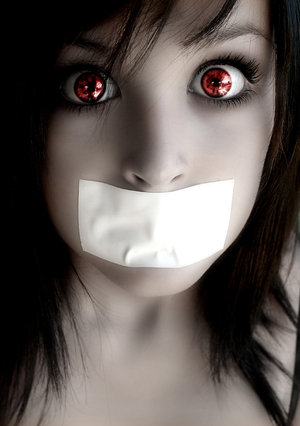
Words That Harm
"Sticks and stones my break my bones, but words will never hurt me."
It's a nice theory, but let's face it; words can be just as harmful as sticks and stones when used incorrectly...or correctly, depending on one's intentions.
Some words were created for the mere purpose of hurting, while others originated as harmless words to describe something completely different. The word faggot is the perfect example of a word gone awry. Faggot in it's original definition meant a bundle of sticks, and later became a slang word to describe a woman (burden/ball and chain) (http://www.wordorigins.org/index.php/more/285/). From there, it only recently became a derogatory word to describe a homosexual male and is considered quite offensive.
Racial slurs all seem to come from distortions of harmless words, but even those harmless words are considered politically incorrect now. Words such as Negro used to describe an African American person simply means, "black," yet it is offensive and considered derogatory to say the word when referring to an African American. Even the word, "black", is becoming a politically incorrect word, though some African Americans do not like being referred to as African American since many haven't even been to Africa. Besides that, Africa isn't the only place in the world where black people hail.
There are so many words that appear harmless that can cut to the bone when used improperly. Saying someone is fat instead of over-weight, or skinny instead of under-weight, can truly emotionally scar someone. Even if the word is downplayed to being cute it could hurt someone's feelings tremendously. Many may remember what happened to Karen Carpenter? According to the Karen Carpenter Story (1988), it was the word "chubby" that a journalist used to describe her that sent her into a dark spiral of anorexia that inevitably shortened her life.
Words That Become Taboo
Over the years I've noticed a growing list of words that simply can't be spoken anymore; especially when in a specific environment.
It may or may not be commonly known that saying certain words during a phone conversation, or writing certain phrases in email/social media, could trigger a system that will automatically record the conversation (http://www.naturalnews.com/041086_DHS_alert_words_internet_privacy.html). I've found different sources supporting this is true, and others that say it isn't entirely true; only during extenuating circumstances. If the above article is accurate, these are practices our government is performing that go above and beyond trampling our rights to free-speech.
And it doesn't end there.
When I was struggling with cancer I obtained a medical marijuana license that was legal in the state of California. To smoke it, I wanted an apparatus that I'd only known as a 'bong'. Thankfully before I went to the headshop to buy it, someone warned me that if I used the word 'bong' while inside the headshop, I'd be kicked out. It wasn't legal to refer to the apparatus as a bong anymore, only as a water-pipe or tobacco pipe. Maybe this law will change now that marijuana is legal in this state, but the point here is that that simple, innocent word now has a negative connotation on it that has made it worse than taboo...it's illegal.
Another word that I was just recently reprimanded for using at my doctor's office was the word 'drugs'. I was very promptly corrected when I asked the nurse to have the doctor refill my drug prescription. She very abruptly said, "Medications." I got a knot in my stomach like I'd just committed the ultimate sin when there is absolutely no distinct difference between the word 'drug' and 'medication.' Is this word soon to become illegal, too? Will I get kicked out of my doctor's office if I accidentally use it again? It's like walking on eggshells.
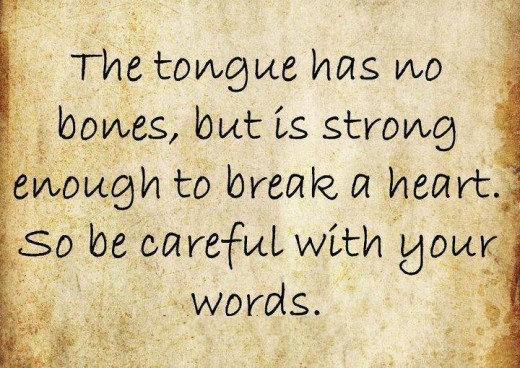
An Ever Changing Verbal Landscape
I may not like it if someone calls me a fat dago, but I will not begrudge them the right to do so. Freedom of speech is a sacred right we all need to cherish and protect because without it, any word at all can become something used to persecute us with. It's already happening with each word we're instructed not to use. Words simply cannot be banned. Today it's 'bong', tomorrow it could be 'bomb', and if you're heard muttering it, you could be held against your will indefinitely until it's proven you're not a terrorist. In some instances, the word 'bomb' is a trigger word I probably shouldn't even be writing. Do we have to rename certain words so we can say them freely?
Then there's the issue of when words are used (abused) in order to bully or torment someone. Though this is more commonly done in the world of children, it happens to adults, too. Do these people have the right to say anything they want to anyone they want with the intent to hurt? By stopping their torturous tirade, are we infringing on their rights? No, these people have abused their right and moved right into harassment. Like the cuss words that can trigger a fearful or threatening response. In that case, the words should not fall under the protection of free-speech. If the words aren't directed at anyone as threatening, then where is the line?
The only way we can truly keep our words safe is by not persecuting each other for using them in a non-violent manner. If someone is shouting out racial slurs, let them. It may hurt our ears and offend our sensibilities, but we shouldn't try to take their right away to do so. If we do, it won't be long before our words will be taken away next, even if they're not cruel or harmful in any way.
The fact that words can offend us or move us is proof they hold an incredible amount of power. As much as they can hurt and brutalize, they can also raise awareness and evoke great change. They're something precious that belongs to all of us whether they're good or bad.
In writing this article I feared listing the words that are considered triggers so I didn't. Isn't it sad and somewhat deplorable that I have to fear using certain words even if it's just to get a point across? Do we really still have our first amendment right?
The line hasn't been drawn between being politically correct and losing our freedom of speech because they're truly isn't one. No matter what we say we risk offending someone, and whatever it is, it can change from day to day. There's no harm in trying to use appropriate language as not to offend someone, and most of us know the correct terms for describing certain things or people as not to be hurtful, but if someone chooses the politically incorrect road, or doesn't even realize they've traversed that path, instead of getting offended by it, maybe we should congratulate them for stepping outside the box and being the brave one. They're probably just trying to get a rise out of us, anyway. Being mature adults, we have the choice to walk away. If we are unable to walk away, a crime is being committed and that goes past what we're talking about here.
As far as the government goes, the day we let them know it's okay to ban one word WE don't like, is the day they start taking away the words THEY don't like. They're already sneakily doing it with one word here and one word there, so what are we going to do to stop them? Is there anything we can do to stop them? Are our first amendment rights already being trampled on without us even being aware of it?
The words I listed above are most likely a very short list of words that have been banned from use in certain places. I wonder how many more there are? Is there a list somewhere that tells us what we can and cannot say and where we can and cannot say them? I know there are a few lists that tell you what words you can't say in email or on the phone, but what about in other places? I'd be interested to know.
Banned Words
Do you think it's ever justifiable for a word to be banned?
© 2016 Krista D'Ambroso

